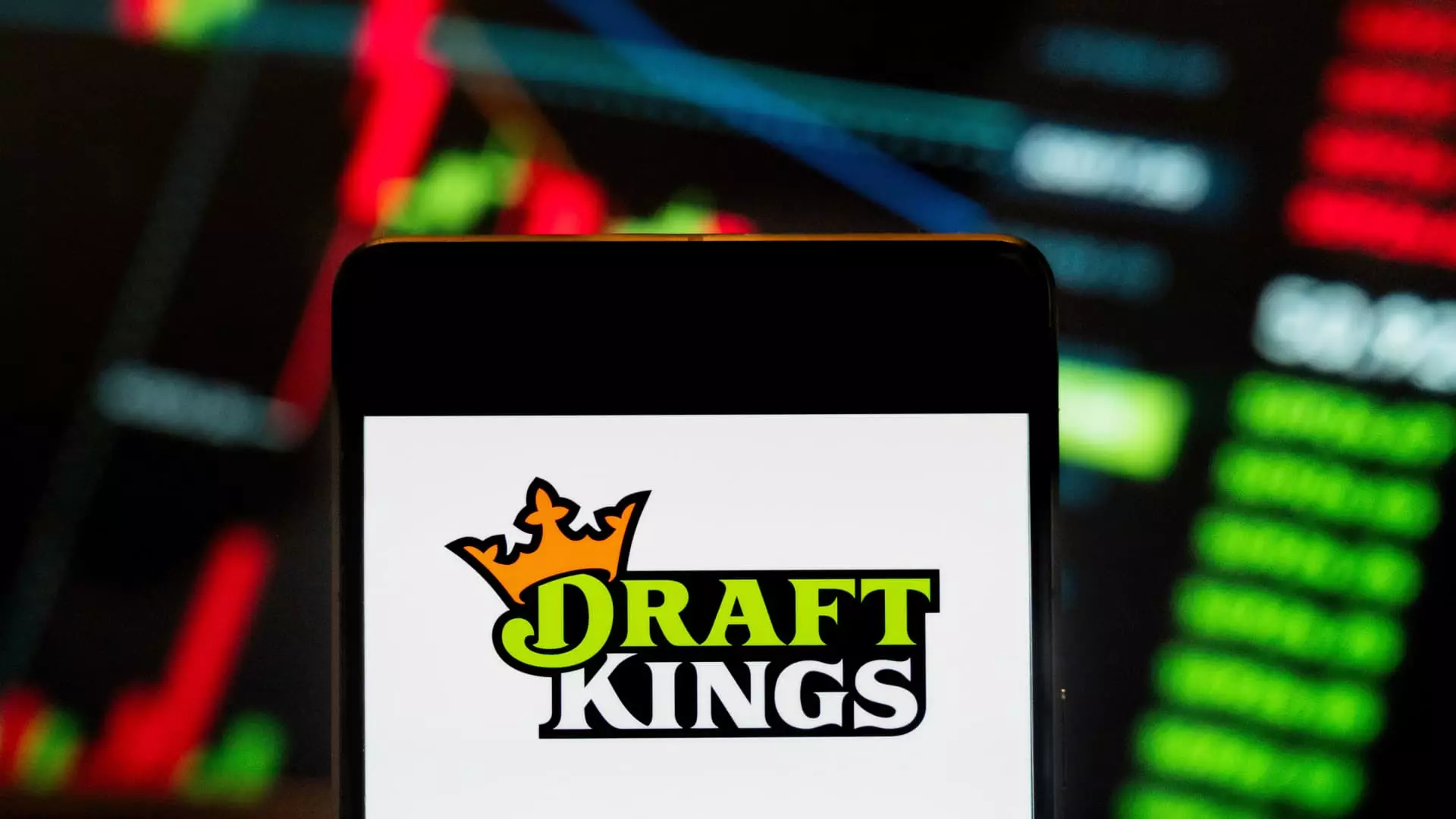DraftKings, a leading mobile betting platform, recently made headlines by announcing a gaming surcharge on winning bets in states with high sports betting tax rates. This move is aimed at boosting the company’s profitability and comes at a time when the industry is facing increasing scrutiny and regulation.
The decision to implement a tax on consumers in states with sports betting tax rates above 20% is a significant departure from DraftKings’ previous business model. By imposing a gaming surcharge, the company hopes to offset the effect of higher tax rates and protect its bottom line.
DraftKings CEO Jason Robins defended the decision by arguing that it is in line with practices in other industries where consumers are required to pay taxes on goods and services. However, critics have raised concerns about the impact of this new surcharge on customers and the overall competitiveness of the sports betting market.
The introduction of the gaming surcharge coincided with the release of DraftKings’ second-quarter earnings report, which showed the company’s first-ever profitable quarter as a public entity. Despite fears of tax hikes and regulatory challenges, DraftKings reported revenue of $1.1 billion, in line with market expectations.
Robins acknowledged that the new surcharge could lead to customer dissatisfaction and reduced betting activity. However, he emphasized that the surcharge would be nominal and would not significantly impact the overall customer experience. DraftKings is closely monitoring customer response to gauge the effectiveness of the tax.
While DraftKings raised its revenue guidance for the year, the company lowered its adjusted EBITDA guidance for 2024. This decision reflects the uncertainty surrounding the impact of the gaming surcharge and the regulatory environment in key markets like Illinois, New York, and Pennsylvania.
DraftKings remains optimistic about its growth prospects, citing the continued expansion of sports betting in new jurisdictions and the positive performance of its iGaming division. The company’s decision to implement a $1 billion share repurchase program signals confidence in its long-term strategy and market position.
The introduction of a gaming surcharge by DraftKings represents a bold move in response to challenging market conditions and regulatory pressures. While the impact of the surcharge on consumers remains to be seen, the company is positioning itself for future growth and profitability in the dynamic sports betting industry.

